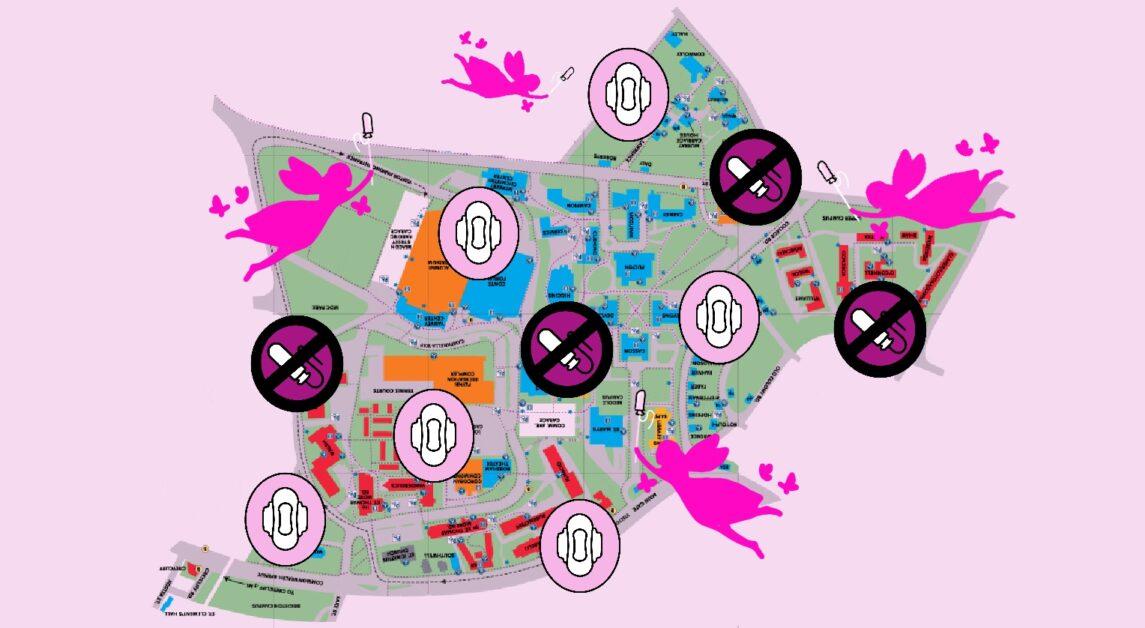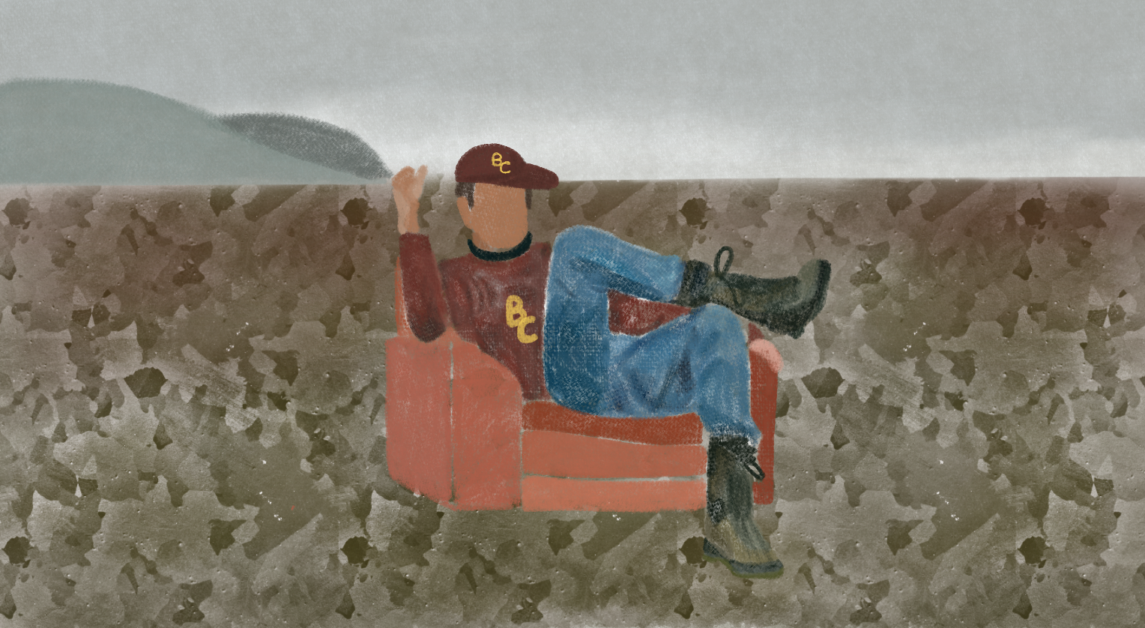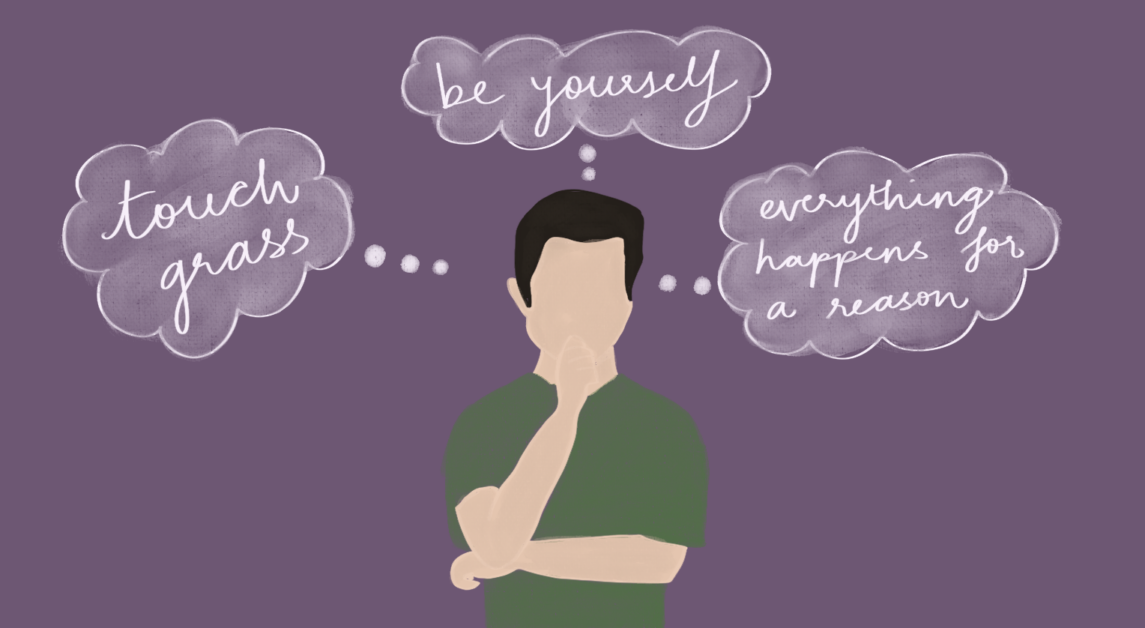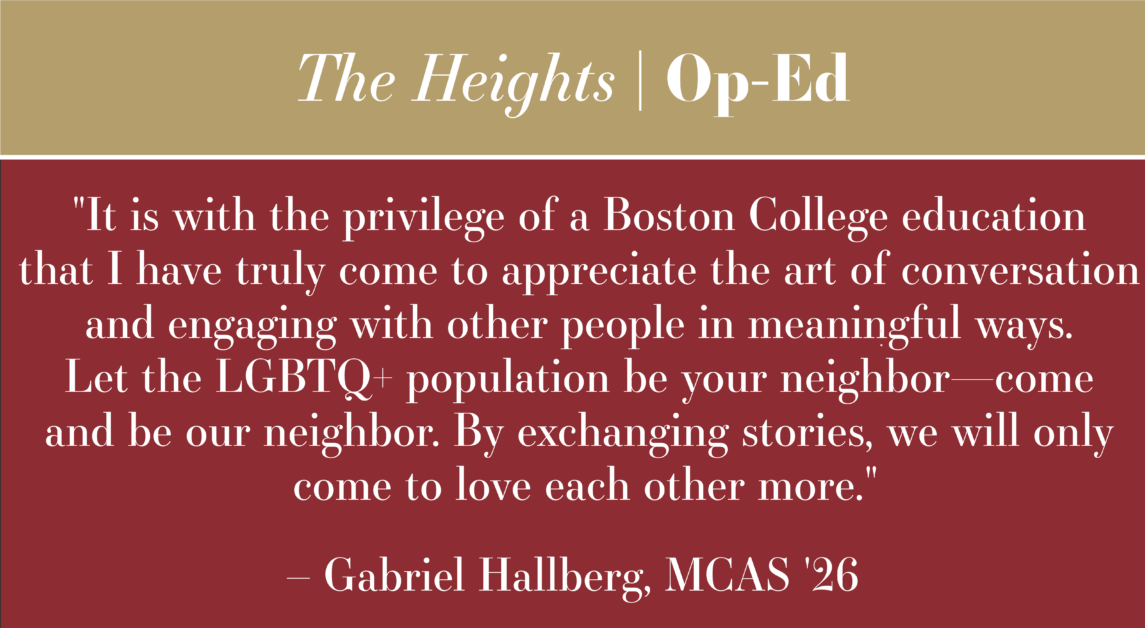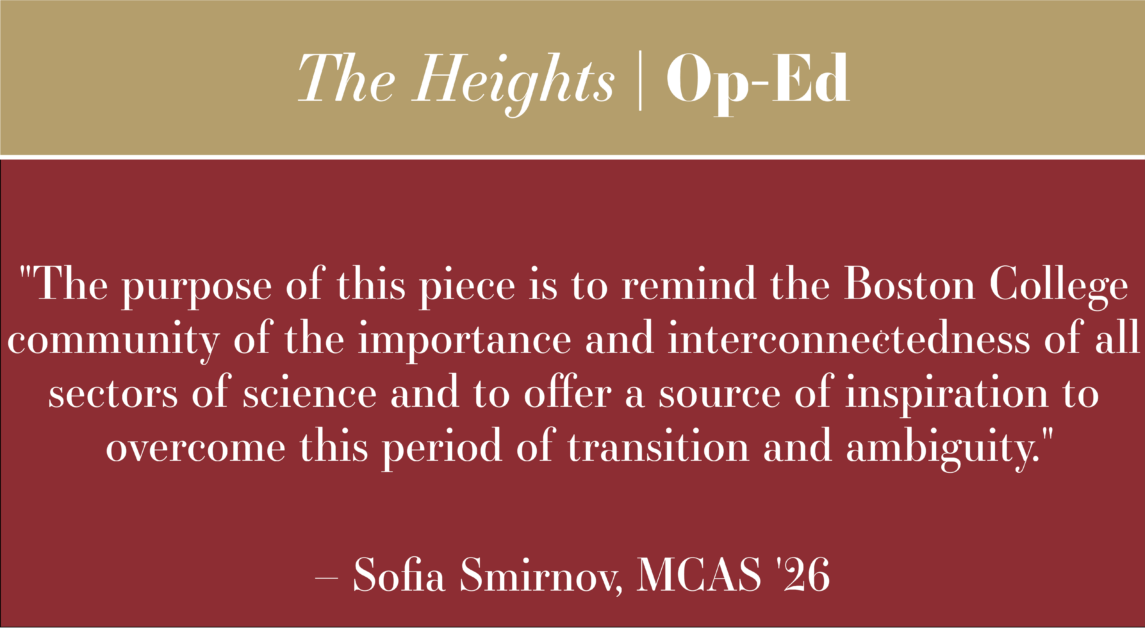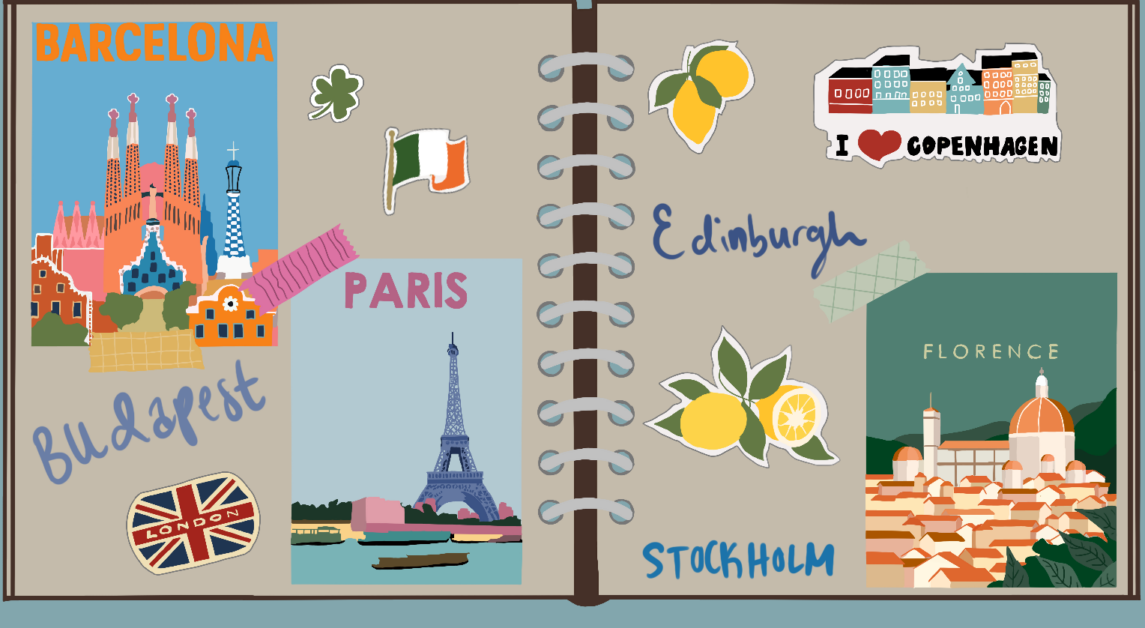We communicate with one another through stories: actions, ideas, and histories. By retelling our lives, we hope to better understand them and be understood by the people around us. But no story is without its fiction. In any narrative, there are elements withheld or distorted by gaps in the narrator’s perspective. There’s also no such thing as a story that’s completely false. There’s some truth to the telling, the intent, or to the dynamics within the tale. The question to be answered, then, is what truths we’re looking for—and how best to discover them in others, as well as ourselves.
The same evolution of the mind that has rendered us able to communicate important stories has also enhanced the variables that undermine their objectivity. I can remember an event and relate it in detail, but inevitably I will leave out some information and bring in my own. In some cases, the editing is more obvious, as we hope to portray ourselves with certain qualities that are partially products of our own exaggeration. In other cases, the decisions are subconscious. We naturally forget or leave out the seemingly inconsequential details, for the sake of expressing our stories more efficiently. Art is above nature in that respect, for by examining life through our own lenses we make it more palatable and relatable. Even the person experiencing the story can’t be cognizant and understanding of all of the elements of it—by telling stories as we understand them, we make life more manageable for ourselves and others.
The irony of the situation, however, is that by editing stories we reintroduce life to them. Our biases, impressions, and motives come into these stories and change them. By the time we tell them, the stories aren’t simply what happened or even how we experienced what happened—they’ve become expressions of how we’ve processed and then communicated how we experienced what happened. That’s at least three layers of narration, indicating the unreliable narrator in all of us.
To tell stories without life would probably render them static. We are living creatures—it makes sense for us to interact with each other through living language, by using living stories. Maybe if we told stories without life, we wouldn’t understand them. But, as it is, we’re unable to do so. Our stories have to have life, everyday and abstract, nonfiction and fiction alike. We can’t rid ourselves of these tendencies, which in their inherent qualities arguably qualify as natural laws.
There’s nothing nihilistic in the idea. I’m not suggesting chaos, emerging from our subjectivity to annihilate meaning. Truth is real. There is objective reality. I just don’t think that any of us mere mortals are able to comprehend it. I’m not sure if anyone or anything can, to be honest. But it definitely exists, and we long for it. We move toward it. When we speak with one another, we generally desire truths, although the truths that we request consciously and the truths we seek are often different. If I ask someone how he or she is feeling, I could be requesting an update on his or her life, a superficial reply that satisfies my desire to interact with that person, a return question inquiring about my life, or something else entirely. But the most obvious truth that I would probably claim to desire would be a report of that person’s general well-being, as he or she is experiencing it. The matter to be settled, then, isn’t what “truth” is, but rather what brand of truth we’re asking for.
We desire certain brands of truth to such an extent that we’ll measure relationships by the amount of it that they contain. A question-and-answer concerning something as simple as a day’s events can tell a fair amount about a relationship. The tone in which something is expressed, what’s withheld from the narration, and what’s expected in terms of actions and the wording in which they’re related all affect the truth perceived by the listener. From the speaker’s side as well, there’s a story being told by the listener, who is generally being observed in turn for truth. Three people could speak the same words—and yet, based on past actions and the way in which the story is related, the amount of perceived truthfulness can vary widely.
Understanding ourselves completely is impossible, but we can still learn more about ourselves than we can of anyone else—particularly when one considers that to understand another human being completely would involve them knowing themselves well enough to express it in a way that one could properly process without his or her biases or perspective over-editing the information. In searching for truth, then, particularly in relationships, we need to be honest with ourselves. Stories are about what we feel we need to hear.
The reason why stories work at all as communication is because we naturally seek truths that answer to universal desires. Comfort, security, compatibility, and excitement drive both stories and the reactions they produce. We’re wired to look for certain triggers and express ourselves according to how we wish to be understood. And, provided we don’t allow our own interpretations of the stories to rewrite them, this communication through storytelling will suffice. The language of life is, after all, our native language.
Featured Image by Breck Wills / Heights Staff


